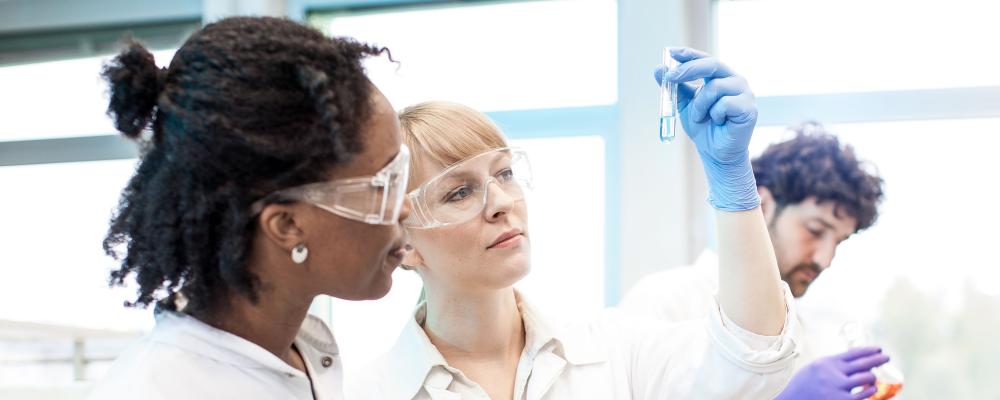Portal Our Laboratories

Bacteriology and Parasitology of Fishery and Aquaculture Products (B3PA) unit of the Laboratory for Food Safety
Boulogne-sur-Mer site
Head of Unit: N.
Deputy Head of Unit: Mélanie Gay
The Bacteriology and Parasitology of Fishery and Aquaculture Products (B3PA) unit carries out research and expert appraisal activities dealing with microbiological contaminants (bacteria and parasites) in fishery and aquaculture products that pose a risk to consumers and have a public health impact.
Reference activities
The unit has a National Reference Laboratory (NRL) mandate for Vibrio sp. in fishery products. It develops and validates methods for the detection, quantification and/or characterisation of species of foodborne pathogens, such as V. parahaemolyticus, V. cholerae and V. vulnificus, and their pathogenicity factors.
The unit also contributes to reference work on Anisakidae and is an associate laboratory of the Maisons-Alfort Laboratory for Animal Health (BIPAR unit) as part of its mandate as NRL for foodborne parasites.
The unit is associated with the National and European Reference Laboratories for L. monocytogenes (SEL unit).
Surveillance activities
The unit is collecting and has collected many sector-specific data through various surveys. These may be used for the surveillance of microbial contaminants in fishery products. Work involving antimicrobial resistance in aquatic products is also being undertaken to conduct a review of this resistance in marine environments. The Bacteriology and Parasitology unit carries out work in conjunction with the Biochemistry of Aquatic Products contracted unit, in partnership with the University of the Littoral-Côte d’Opale, to meet common objectives with regard to the quality and safety of fishery and aquaculture products.
Research activities
The ecophysiology of Listeria monocytogenes in aquatic products is a major research theme for the unit, which seeks to understand the factors that modulate this bacterium's virulence.
Work is also carried out on the topic of Vibrio, which are bacteria naturally found in marine environments that are potentially responsible for emerging infections.
The unit also conducts work on potentially zoonotic parasites in fishery products. In particular, it strives to understand the distribution of Anisakidae, which are nematodes posing a high parasitic risk to humans, in fish eaten in France. This involves the quantification and characterisation of parasites in fishery and aquaculture products and the development and validation of (molecular and other) methods for the identification and detection of these parasites.
Furthermore, the unit undertakes work on other potentially zoonotic parasites in fishery products and on interactions between parasites and bacteria.